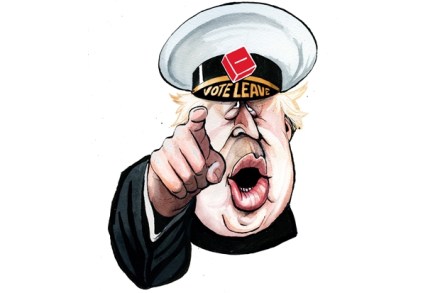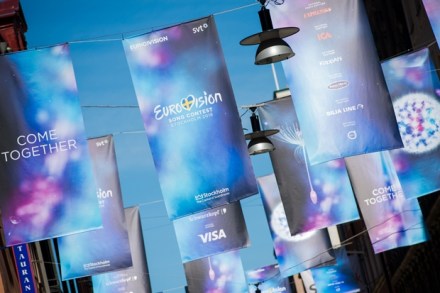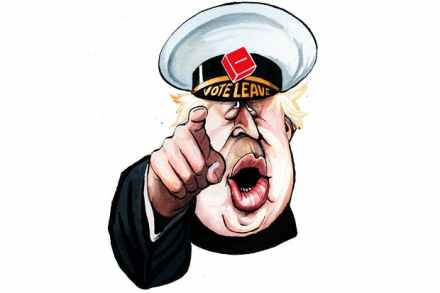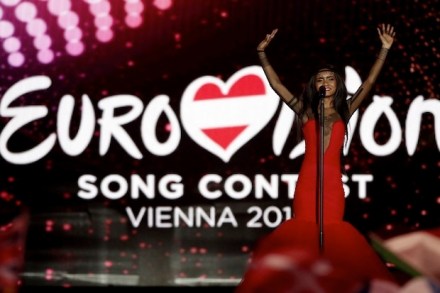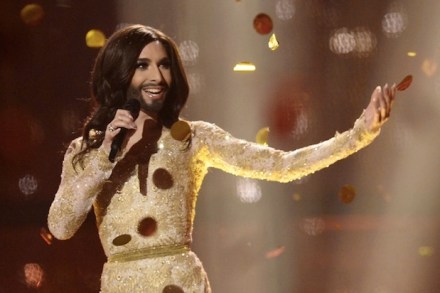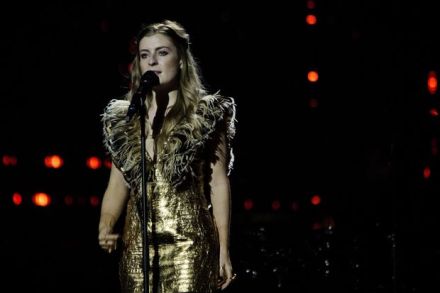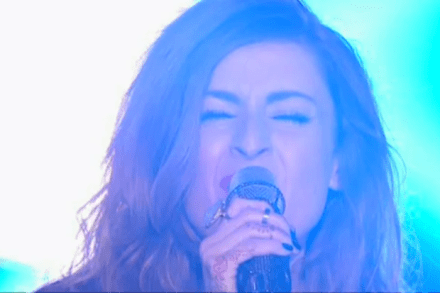The Spectator podcast: Boris needs you! | 14 May 2016
To subscribe to The Spectator’s weekly podcast, for free, visit the iTunes store or click here for our RSS feed. Alternatively, you can follow us on SoundCloud. Boris Johnson has kickstarted his battle bus tour of Britain which he hopes will convince people to vote out of the EU. But before he hit the road, he made a direct pitch to Spectator readers in an exclusive interview. The former mayor of London set out his Brexit battle lines, as he spoke to James Forsyth and Fraser Nelson, saying: ‘It is unquestionably true that I’ve changed. But so has the EU. And of the two of us, it’s the EU that
